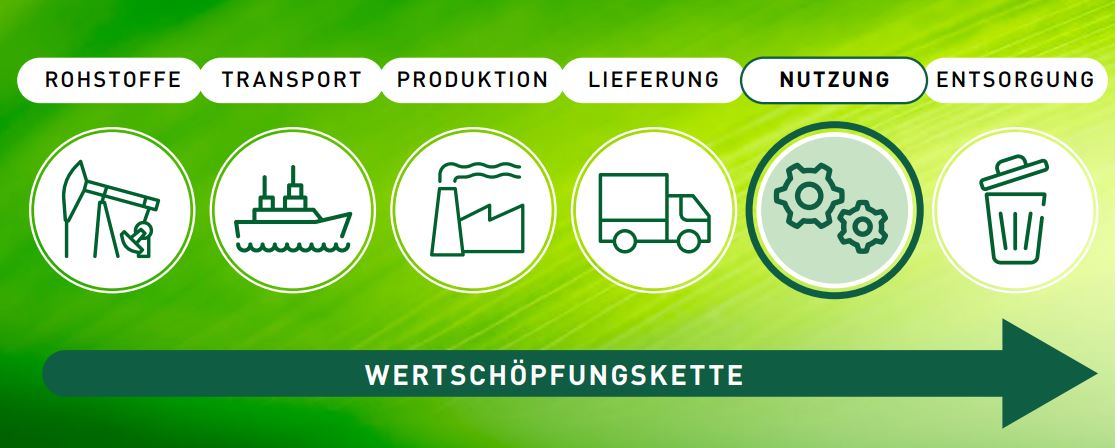There is hardly a company that is not currently trying to reduce its CO2 emissions in order to achieve climate-neutral status before 2025 if possible. For this purpose, all emissions and their sources are precisely balanced, reduction strategies are developed and CO2 certificates are purchased. In the heat of the moment, however, insufficient attention is often paid to one product group: lubricants and operating fluids, which are essential for cars and machines.
At first glance, lubricants seem incompatible with sustainability. They consist mainly of mineral oil refined with additives and synthetic components, but their origin is usually also based on crude oil. CO2 is released throughout the entire value chain of a lubricant.
But lubricants also have entirely different and indeed positive aspects! They reduce friction, increase efficiency, protect against wear and corrosion, and extend the life of the components they lubricate. According to a study by the Gesellschaft für Tribologie e.V.1) , almost 22 million metric tons of CO2 could be saved in Germany simply by increasing the use of modern, thinner, multigrade engine oils that reduce friction. This corresponds to 6.4% of the CO2 reductions expected by the German government by 2030. However, CO2 emissions should not be considered in isolation. Lubricants also play a decisive role because they have a low-wear lubricating effect on components over a long period of time, thus ensuring the service life of machinery and plants in the long term. The Verband Schmierstoff-Industrie e.V.2) estimates the damage caused by inadequate wear protection in Germany alone at over 30 billion euros. In addition, there are enormous amounts of damage caused by oxidation or corrosion.
Lubricants and operating fluids perform mainly in the background. Although they are mostly invisible and cannot be assigned to a finished product, they make a decisive contribution to conserving resources and reducing CO2 emissions. It is definitely high time to give them the appropriate status in the minds of their users.
1) GfT Gesellschaft für Tribologie e.V., www.gft-ev.de 2) Verband Schmierstoff-Industrie e.V., www.vsi-schmierstoffe.de
PROJECT FUTURE – Sustainable management with OELCHECK

